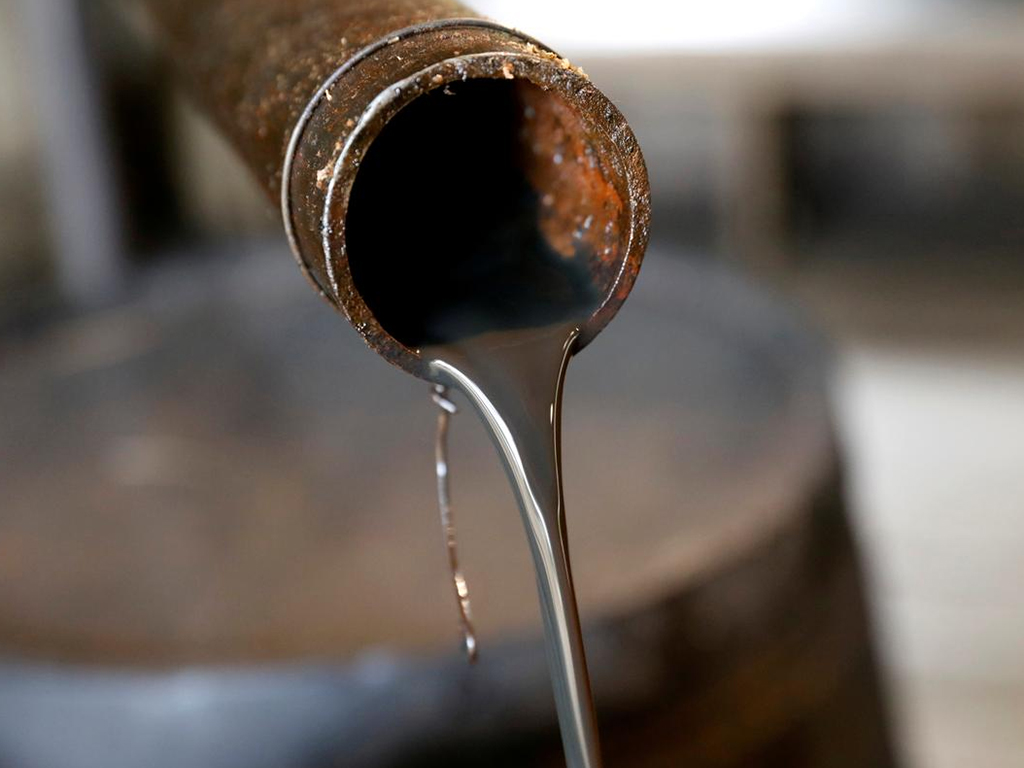Saudi Arabia's oil exports to drop in May as demand slides
- Saudi crude oil exports for May are expected to be about 6 million bpd, industry sources said, with Asia taking about 4 million bpd.
- Exports to the United States are seen at less than 600,000 bpd, one source said.

DUBAI: Saudi Arabia's crude oil exports in May are expected to drop to about 6 million barrels per day (bpd), the lowest in almost a decade, and domestic refining output is likely to fall as the coronavirus crisis hits demand, industry sources and analysts say.
The world's top oil exporter will cut crude production by 23% to about 8.5 million bpd in May and June, under a supply reduction pact with OPEC+ alliance to shore up prices hammered by demand destruction due to the coronavirus-related lockdowns.
Saudi crude oil exports for May are expected to be about 6 million bpd, industry sources said, with Asia taking about 4 million bpd. Exports to the United States are seen at less than 600,000 bpd, one source said.
Falling oil output means lower production of associated gas, a byproduct when extracting crude. Gas is used as a feedstock in the petrochemical industry and for power generation.
Saudi Arabia has increasingly sought to generate more power from gas to save crude for exports.
But lower global oil demand means more cheap crude available for domestic use, which could mean burning more oil this summer when power demand soars with the use of air-conditioners.
In 2019, when Saudi Arabia was producing about 9.9 million bpd, it burnt 550,000 bpd of crude in the summer, falling from 700,000 bpd in previous years. But industry sources now expect usage to rise slightly above 2019's levels.
Broadly, domestic demand for oil and its products was expected to be weaker.
"Overall demand in the kingdom is going to be very weak ... because of COVID-19 and we are going to see lower industrial demand," said Amrita Sen, co-founder of the Energy Aspects consultancy, adding that low oil prices and budget cuts would drive the Saudi economy into recession.
Saudi refineries, which usually process about 2.4 million bpd of crude, were likely to use less as product demand falls.
Under OPEC+ cuts, Saudi Arabia would likely prioritise output of light oil over heavy oil, said Sadad al-Husseini, an energy consultant and former senior executive at Saudi Aramco.
He said this was because light oil fields tended to produce more associated gas and heavy oil was usually more costly to extract as it tended to come from offshore.
"We should see steady Arab Light, Arab Extra Light, and some Arab Medium supplies making up most of (Saudi) production," he said.
This could increase the global glut of lighter oil, which is produced in abundance by U.S. shale firms.
























Comments
Comments are closed.